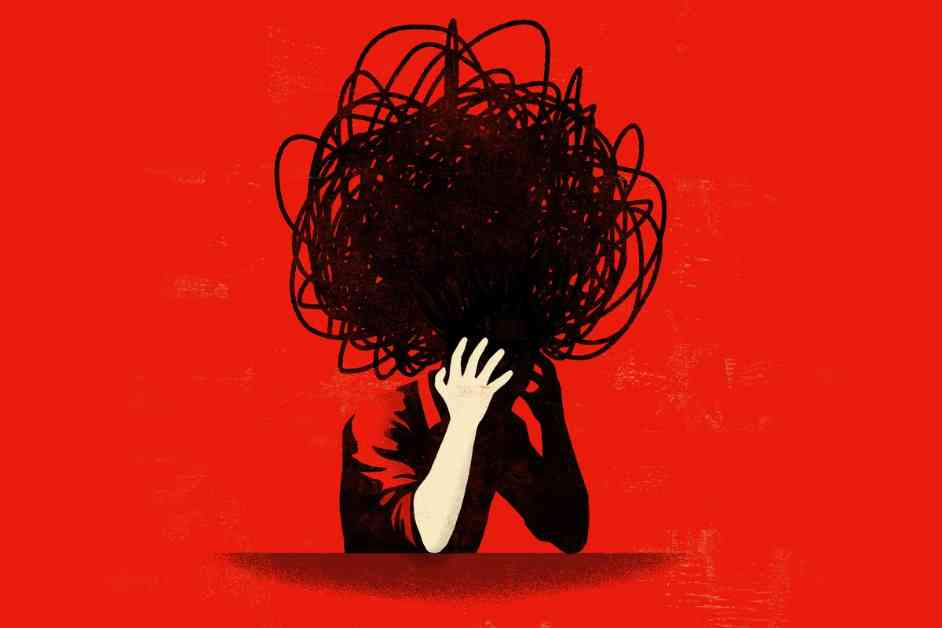The Impact of Poor Sleep on Intrusive Thoughts: What You Need to Know
A new study sheds light on the link between poor sleep and intrusive thoughts, revealing the brain processes that lead to unwanted memories plaguing our minds. Imagine the embarrassment of spilling red wine on a friend’s new white couch and how that memory can haunt you. Research shows that the quality of your sleep can determine how well you can suppress negative memories, with chronic sleep deprivation potentially leading to mental health issues.
The Study’s Findings
A recent study published in Proceedings of the National Academy of Sciences USA delves into the effects of sleep deprivation on memory control. Scott Cairney, an associate professor of psychology at the University of York and senior author of the research, highlights the importance of understanding the cognitive impact of sleep deprivation. Previous studies have shown that lack of sleep impairs the brain’s ability to suppress unwanted thoughts, leading to increased vulnerability to mental health problems.
Study Design and Results
The study involved 85 participants who were trained to associate neutral faces with negative scenes. The participants were divided into two groups, with one staying awake all night and the other allowed to sleep. Brain activity was monitored using functional magnetic resonance imaging (fMRI) as participants were asked to either recall or suppress memories associated with the faces they had learned.
The results showed that sleep-deprived individuals had reduced activity in the right dorsolateral prefrontal cortex (rDLPFC), the brain region responsible for suppressing unwanted memories. Conversely, their hippocampal activity was elevated, indicating a breakdown in the brain’s executive function. Participants who had slept the night before showed a positive correlation between REM sleep and rDLPFC activity, suggesting the importance of REM sleep in memory control.
Implications and Future Research
Experts not involved in the study, like Zara Bergström and Maria Wimber, see potential therapeutic implications of these findings. Enhancing REM sleep could be a promising approach in treating disorders associated with intrusive memories, such as PTSD and depression. Further research is needed to explore the direct impact of REM sleep on memory control and to develop targeted interventions for individuals struggling with intrusive thoughts.
Sleep plays a crucial role in our cognitive function and mental well-being. The next time you find yourself tossing and turning at night, remember that a good night’s sleep is not just about feeling refreshed—it’s essential for maintaining a healthy mind. Take care of your sleep, and your brain will thank you for it.




